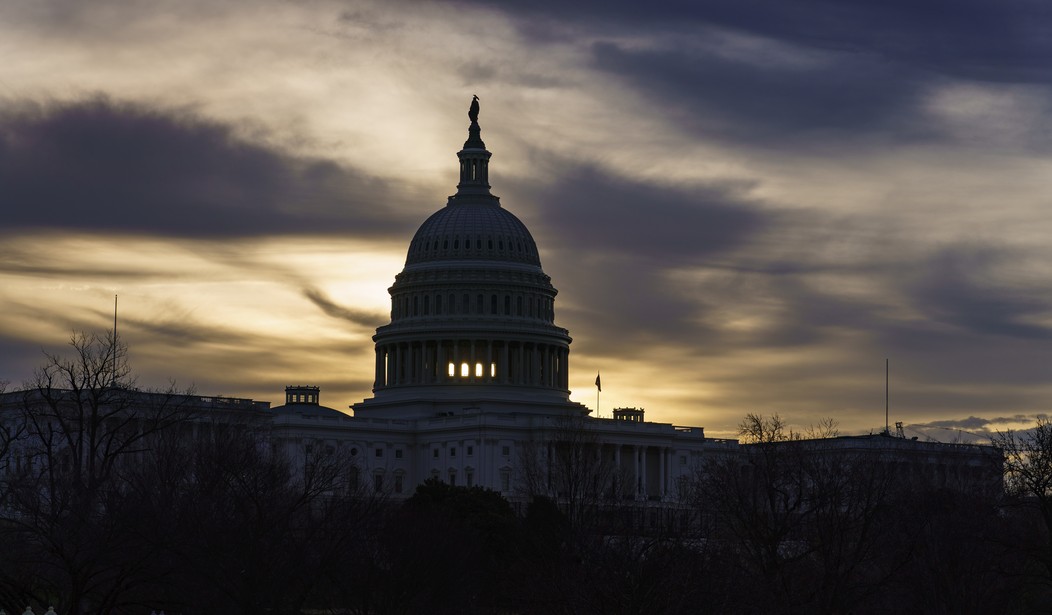Members of the U.S. House of Representatives and Senate decamped from Washington, D.C. after final votes on Thursday to kick off the usual six-week August recess, and this year lawmakers left town with quite a yet-to-do list awaiting them when they return to Capitol Hill in the first two weeks of September.
Scalise announces the House will be out at the end of the day until mid-September. No movement on finishing the agriculture appropriations bill. 1 out of 12 appropriations bills finished
— Chad Pergram (@ChadPergram) July 27, 2023
Watch @SenSchumer fist bump the air as the Senate adjourns for August recess after passing the NDAA. pic.twitter.com/CpMqcgSgM8
— Mark Burnett 🇺🇸 (@MarkBurnettDC) July 28, 2023
As of this week when the House and Senate left town — earlier than expected after votes initially planned for Friday were scuttled — just one of the twelve appropriation bills needed to fund the various functions of the federal government had been voted on (and passed) in the lower chamber while the Senate has teed up votes on its version of the appropriation bills when it returns.
That sets up a race against the clock when lawmakers return in order to avoid a government shutdown amid the expected tension over funding priorities between Democrats who control the Senate and Republicans who control the House.
"We will have 12 days when we return to fund the government," warned Democrat Whip Katherine Clark (D-MA) on Thursday afternoon as she traded barbs with Republican Whip Steve Scalise (R-LA) about what had been achieved in the House since Republicans took control at the start of the new Congress in January.
Recommended
WATCH: U.S. House colloquy between @SteveScalise and @WhipKClark as members prepare to depart for August recess. pic.twitter.com/uU5kdDo3WO
— CSPAN (@cspan) July 27, 2023
Conservative Republicans in the House are, in line with their agenda, pushing for more cuts to spending after a deal to raise the debt ceiling and avert a default on U.S. debt left some feeling unsatisfied with the outcome. Democrats, of course, oppose such cuts and are pushing for even more spending to fund the Biden administration's priorities. But with many already looking ahead to 2024, Republicans are not inclined to help the president build up accomplishments to tout on the campaign trail.
House Speaker Kevin McCarthy (R-CA) and Republican leadership have proven adept at passing key pieces of legislation despite having a narrower majority than many had hoped for after the midterms, but what is passable in the House faces stiff opposition in the Senate run by Majority Leader Chuck Schumer (D-NY).
In addition to the time crunch lawmakers face when they return from recess, the Democrat-led Senate has been plunging ahead with markups on its own versions of the 12 spending bills and plans to vote on them when they return in September, meaning the House and Senate funding bills will be out of sync from the word "go."
Time will tell how successful House Republicans are in holding Senate Democrats' feet to the fire over spending as the clock runs down when Congress returns, but there's sure to be more than a little blame-game playing as to who would "own" a shutdown if funding isn't renewed before the deadline. Expect the White House to trot out a new version of its sky-is-falling rhetoric about Republican bills that was last seen during the debt ceiling fight, but it's unlikely President Biden will prove helpful to any negotiations given his previous failures to help dissenting parties find common ground.

























Join the conversation as a VIP Member